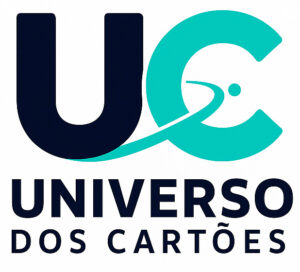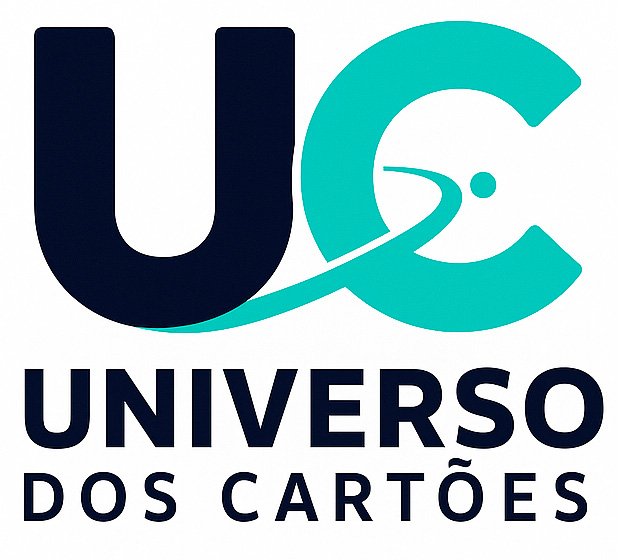Choosing the safest investments is a great way to grow financially without taking on major risks, and for this reason, we'll show you some of the safest investments available in Brazil! While risky investments have a chance of yielding more profits than safe investments, taking risks with high-stakes investments isn't usually the ideal path for beginners. In other words, by choosing any of the recommendations in this article, you'll avoid stress, guarantee a return, and still be safe! Below, we'll show you the four main types of high-security investments in Brazil:
1. Direct Treasury
The most famous and safest is certainly Tesouro Direto, a program run by the Federal Government itself that allows individuals to invest their money in government bonds. Besides being one of the safest investments in the country, today, through 2025, it offers returns of almost 15% per year depending on the type of bond chosen. Check out the main options:
Selic Treasury: Post-fixed, follows the Selic rate, and is ideal for those seeking daily liquidity.
Prefixed Treasury: It has a fixed return defined from the moment of purchase.
IPCA+ Treasury: Its profitability is composed of the variation in inflation (IPCA), which is another fixed rate, and protects the investor's purchasing power.
They are guaranteed directly by the National Treasury and provide investors with significant security. They also have daily liquidity, allowing redemption at any time, although some bonds have specific grace periods.
2. Bank Deposit Certificates (CDBs)
CDBs are securities issued by banks to raise funds. With a CDB, the investor lends money directly to the bank, and in return, you receive interest on that amount. There are three main types of CDBs:
Prefixed CDBs: Offers a fixed interest rate, already known at the time of application.
Post-fixed CDBs: Their profitability is linked to the reference index, like the CDI, which closely follows the Selic rate.
Hybrid CDBs: Combines your fixed rate with a variation of an index, such as the IPCA.
3. Real Estate Credit Letters (LCIs) and Agribusiness Credit Letters (LCAs)
LCIs and LCAs are issued by banks to finance the real estate and agribusiness sectors. By investing in them, the investor lends money to the bank, which then uses the proceeds to finance these sectors.
Income Tax Exemption: One of the biggest advantages of LCIs and LCAs is their exemption from Income Tax for all individuals, which guarantees greater net profitability on the investment.
FGC Guarantee: Like CDBs, LCIs and LCAs are also protected by the FGC, offering additional security to the investor.
4. Fixed Income Funds
Another traditional investment is fixed-income funds. These are collective investment vehicles that invest investors' resources in various fixed-income assets, such as CDBs, LCIs, and LCAs. They are managed by a professional manager who manages the fund and seeks to optimize returns according to the defined strategy.
Diversification: By investing in this modality, the investor has access to a highly diversified portfolio of assets, which significantly reduces their risk.
Variable Liquidity: Liquidity in these income funds can vary significantly depending on the type of fund and the strategy adopted. Some funds may even offer daily redemptions.
Always remember to do thorough research before making any investment decisions. And if necessary, consult a financial advisor to make informed decisions aligned with your specific needs.

